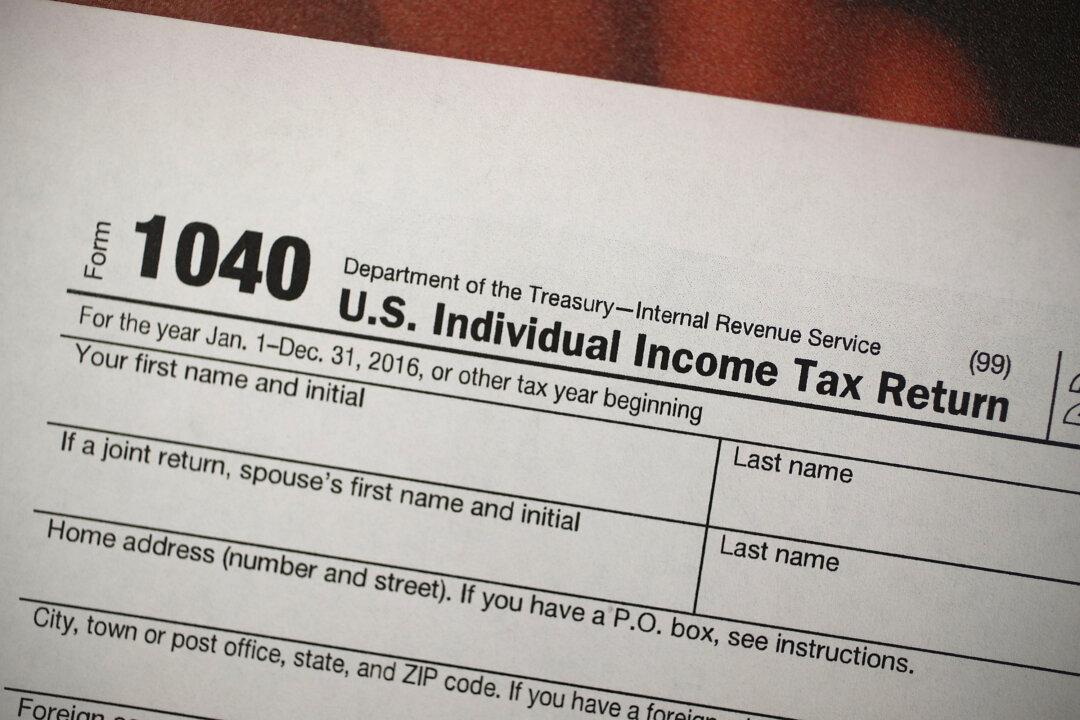American taxpayers could be in for a “frustrating season” when it comes to filing their taxes this year due to delays caused by the COVID-19 pandemic and budget cuts to the IRS, Treasury Department officials warned on Monday.
The IRS will start accepting and processing 2021 returns on Jan. 24 and the filing deadline for most taxpayers will be April 18 rather than April 15 because of the Emancipation Day holiday in Washington, the agency announced on Monday. Taxpayers in Maine or Massachusetts have until April 19, due to the Patriots’ Day holiday in those states.




